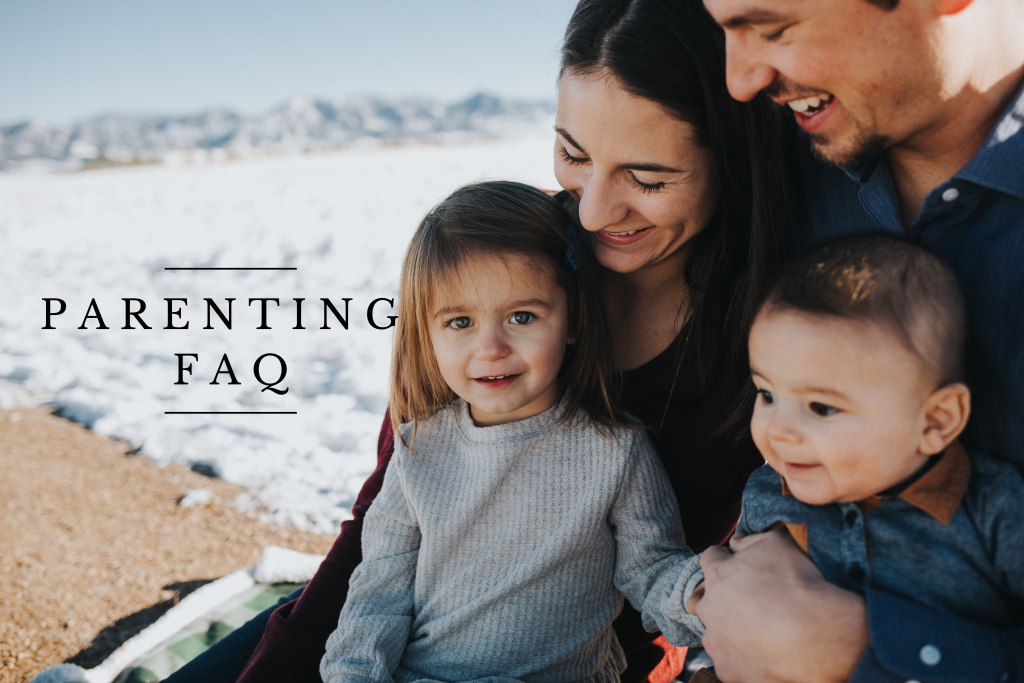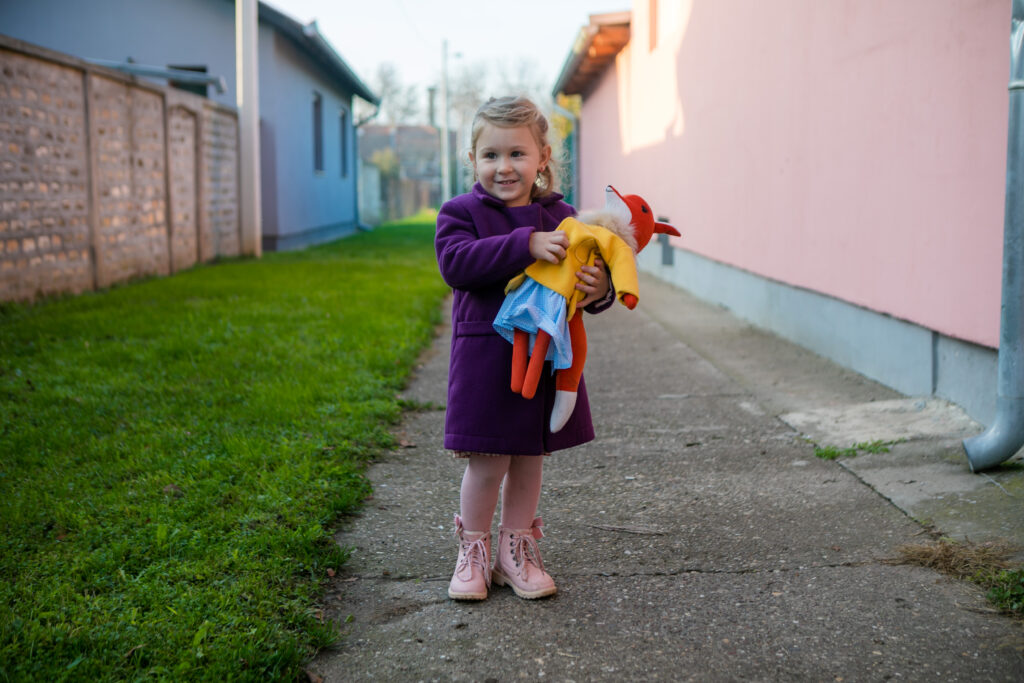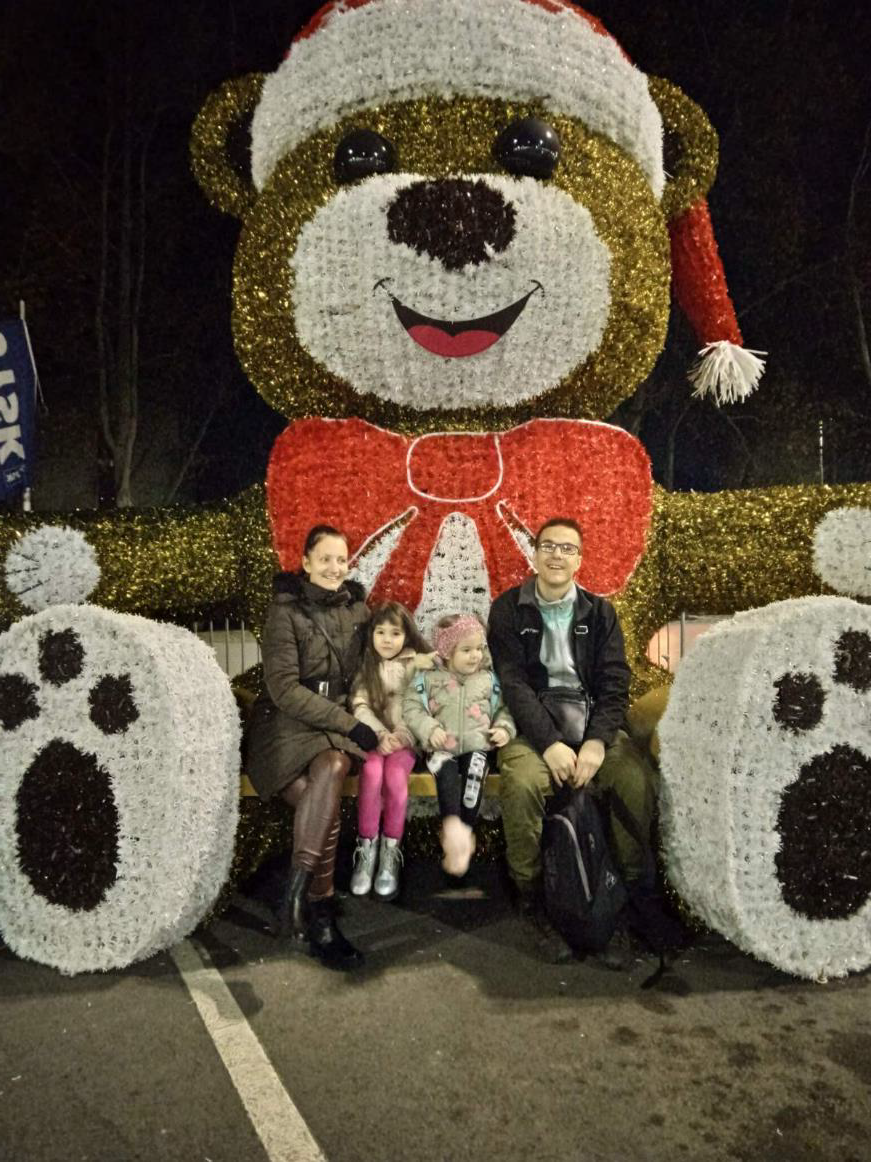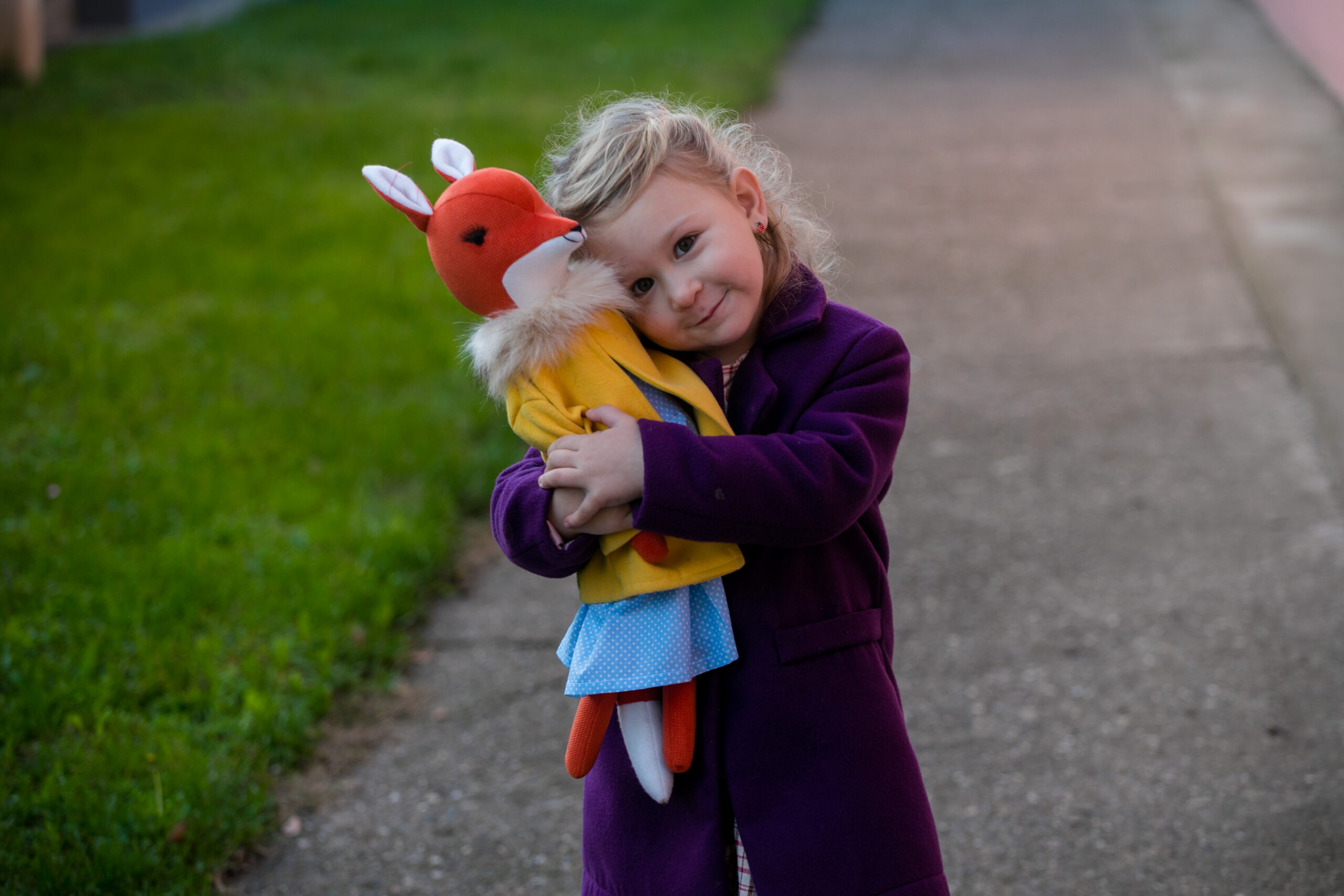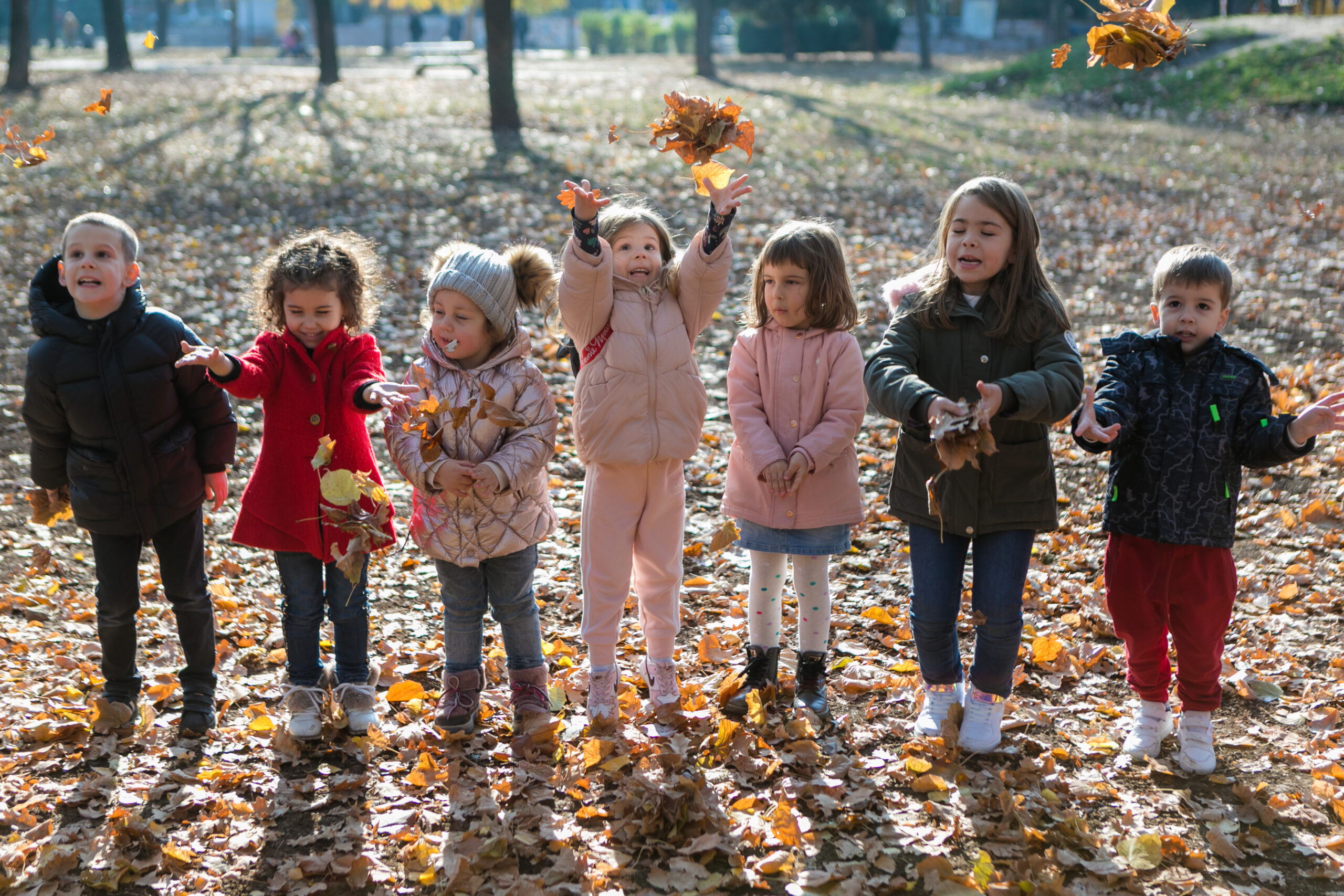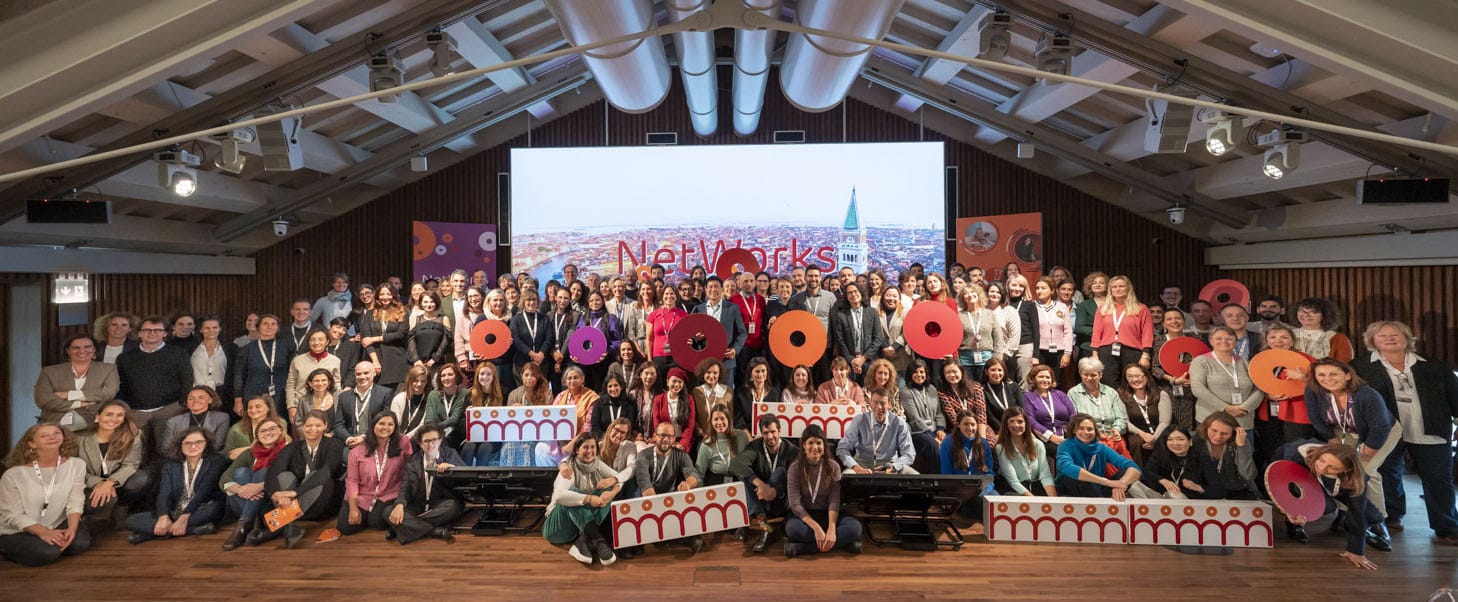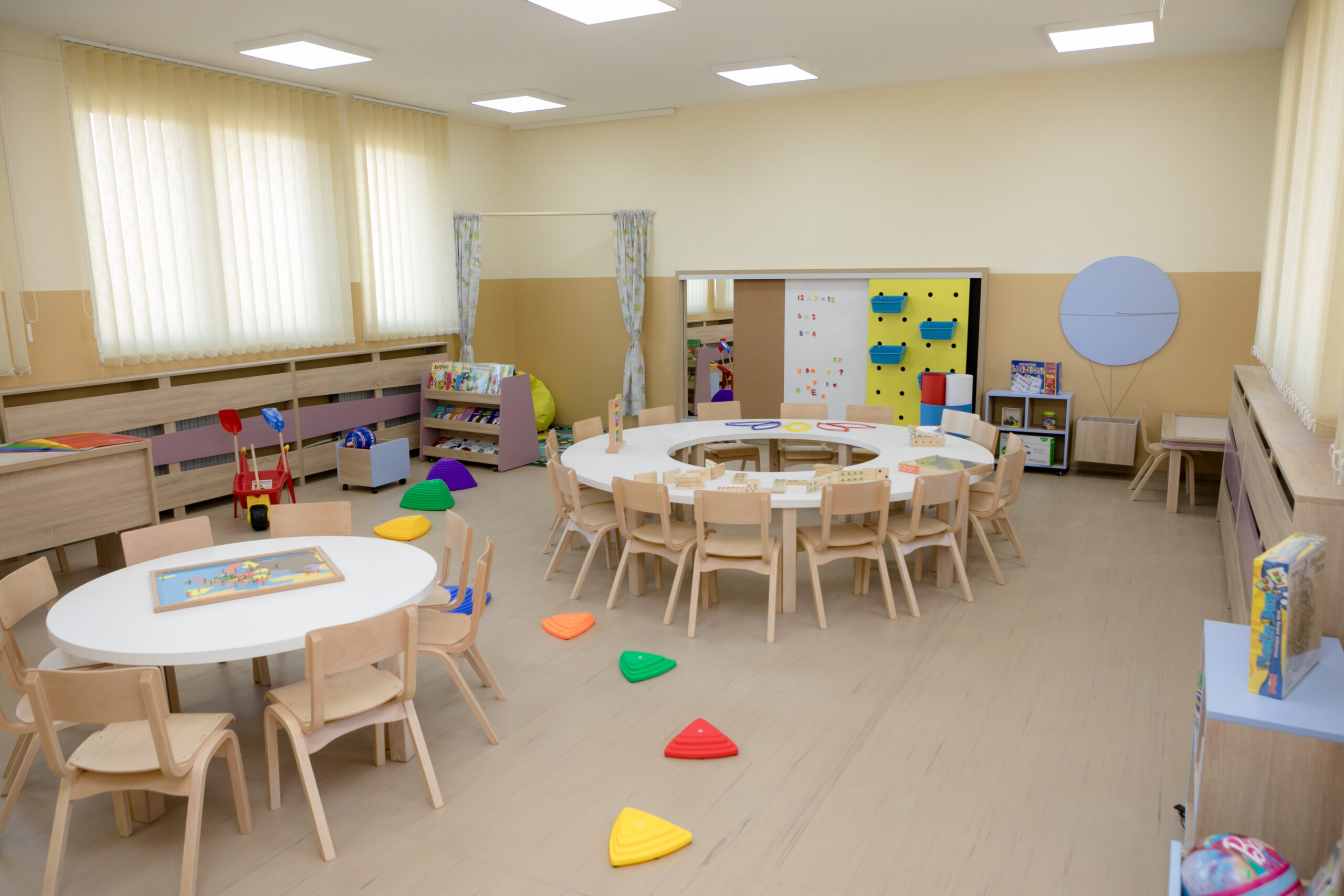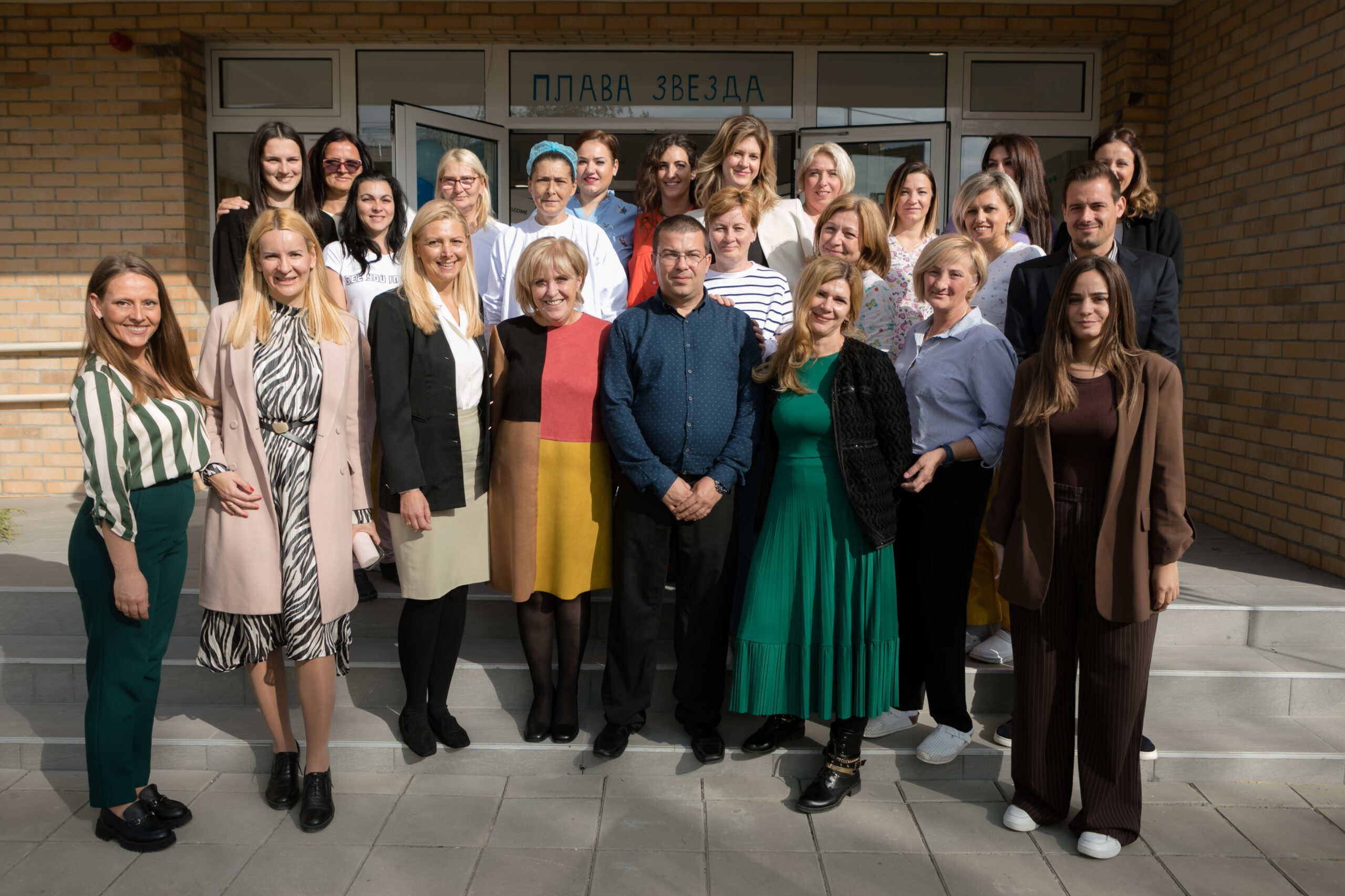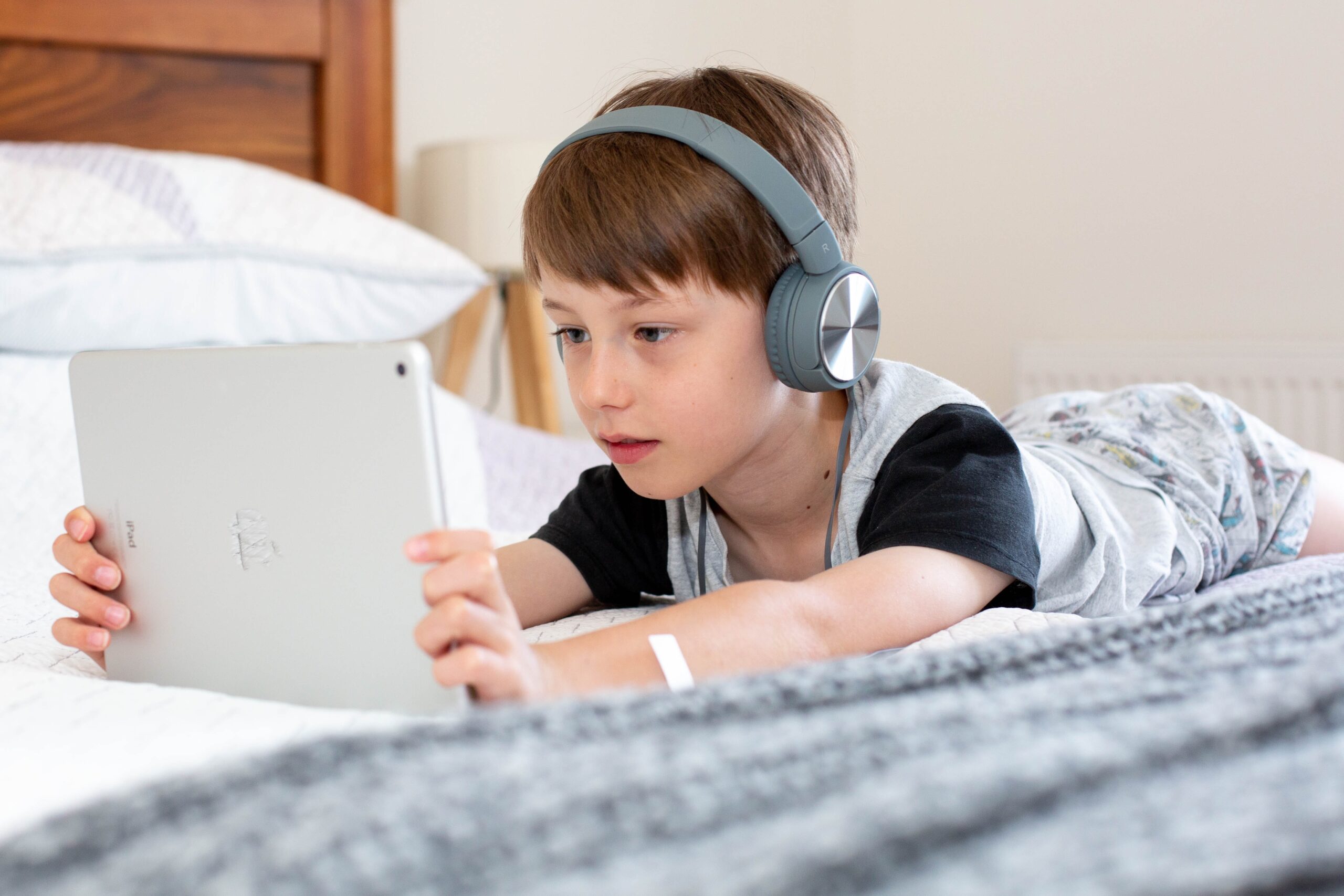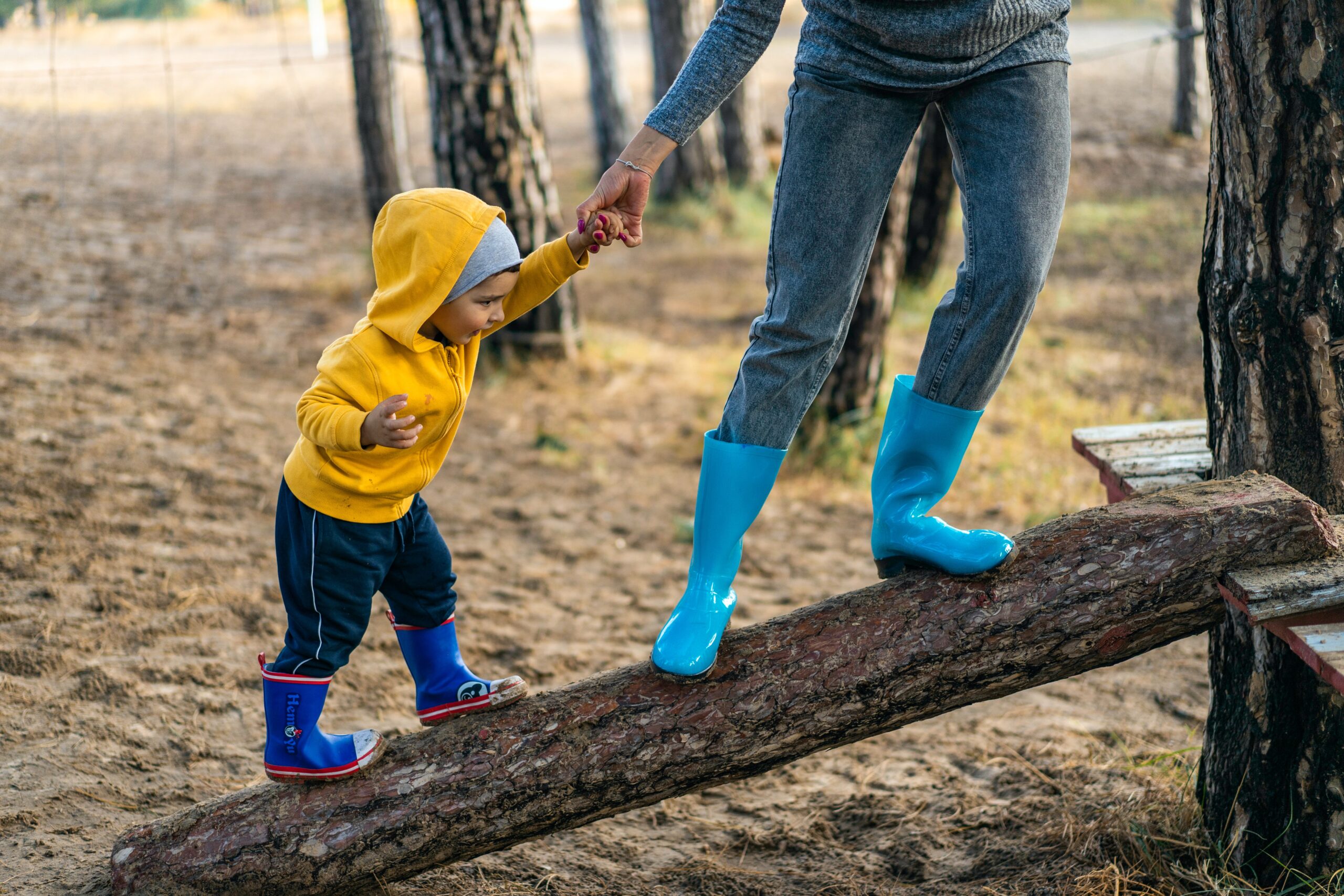In my last blog, I wrote about how to explain to your child that the playground is off-limits during coronavirus outbreak. This time, I want to share with you answers to other common parenting dilemmas during the quarantine. We hope that our new blog column “Parenting FAQ” will be useful and interesting to you!
1. “Should I let my children do anything they want in this situation since it is a difficult period for all of us?”
It is never good to let children do anything they want. Does that mean that if they want to go out, you will take them at this time, even though it’s not good for you or them? Or, does that mean that if they want to spill water all over the apartment, you will let them and just say: “Let them be, these times are hard on them.”
As always, it is important to develop your relationship with the child, with patience, love, support, and clear limits. The keywords here are love and clear limits. Now and after, or before and after.
Children do not remember that their best day was when they could do everything they wanted. For children, the best day was when they felt love.
So starting today, if you haven’t already, start creating an activity plan for each day with your child, and leave spilling water all over the apartment for another time.
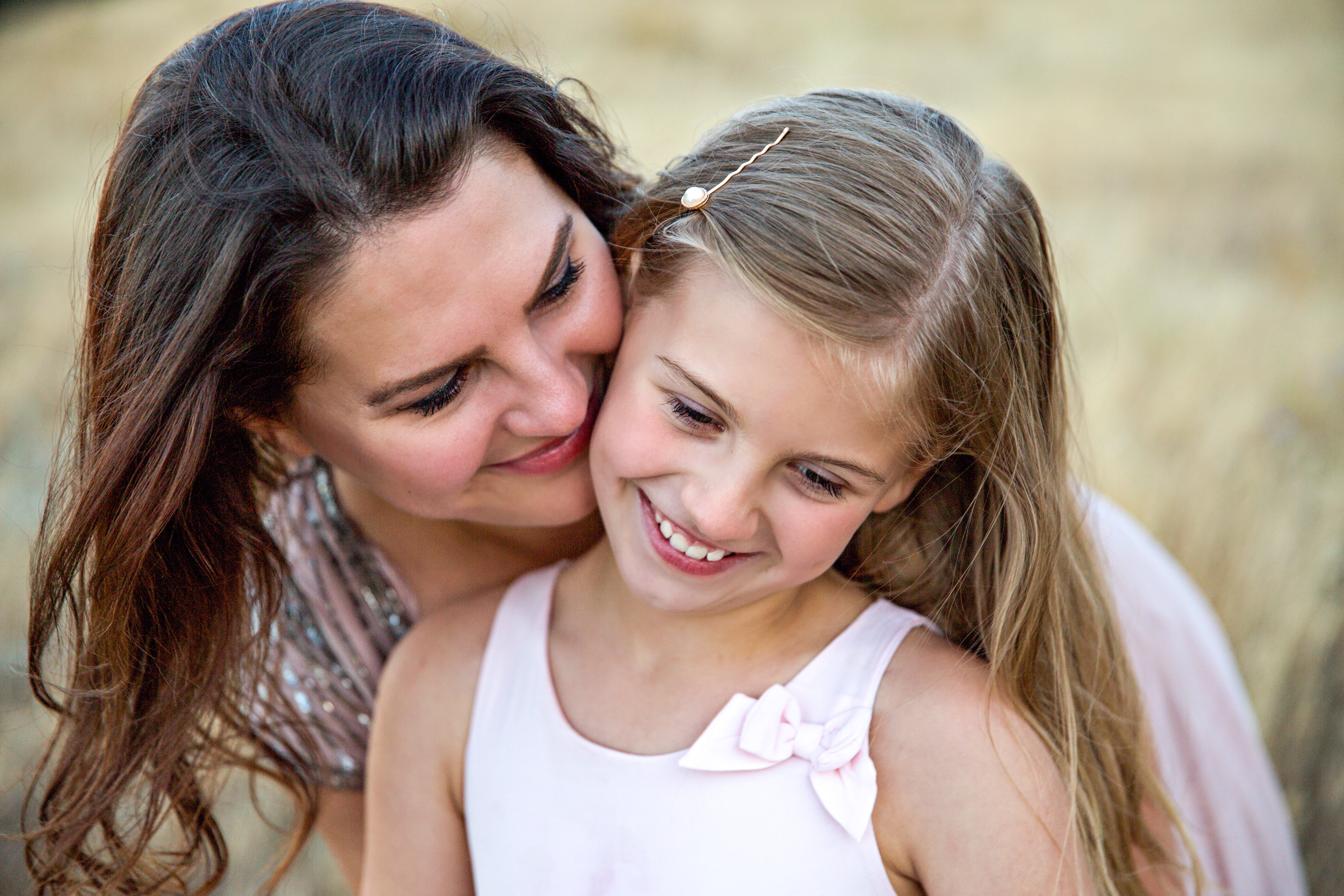
Feel free to send us questions via our Instagram and Facebook account, and to share with us your parenting dilemmas during the quarantine. We will publish answers to certain questions in our “Parenting FAQ” column, with the belief that it will be useful to other parents too.
2. “My child has been asking numerous questions these days, which I can’t answer. Help!”
A child who asks questions is exploring, showing that they are curious, that they are interested in the world around them. It is not necessary to have all the answers. For starters, it’s enough to carefully listen to what the child is asking.
Active listening helps in this situation, and in any other, more than knowing the right answer. Praising the child for curiosity is also beneficial.
If you don’t know the answer, tell them you don’t know. Do you know anyone who knows the answers to all questions? Especially responses to questions about the current situation. If you do, tell us who that is.
In this interaction, it is important to adhere to several principles:
- say what you know, truthfully and honestly, in an appropriate way for the child’s age;
- do not claim something will happen, if you know it won’t, and
- encourage the belief that it will all be alright, and hope that you can do many things together.
3. “Can this situation have negative consequences on the psycho-physical development of my child?”
Every situation we find ourselves in is an opportunity to learn. It is important to know what we want to teach our children. What are our long-term goals and what are we doing every day to achieve those goals together with the child.
For children, the people who are with them are important, and it is important how dedicated those people are to the things the children need.
And children, after having all their basic needs met, need care, play, love, understanding, support for trying things and accepting their new feelings. A child’s life depends on the adults, and every opportunity to show them that we are there for them, regardless of the circumstances, is a fact that encourages psycho-physical development.
Dear parents, you can postpone everything except love, and this is an opportunity in which postponing understanding and love further worsen an already difficult situation. Feel free to send us questions via our Instagram and Facebook account, and to share with us your parenting dilemmas during the quarantine. We will publish answers to certain questions in our “Parenting FAQ” column, with the belief that it will be useful to other parents too. We are all in this together!
About the author: Smiljana Grujic is a psychologist and psychotherapist dedicated to education and a program manager for the Novak Djokovic Foundation. The focus of her work is compassionate communication and emotional management. Smiljana is one of the authors and the coordinator of the “Support, not perfection” program that supports parents who have children 0-6 years old.

